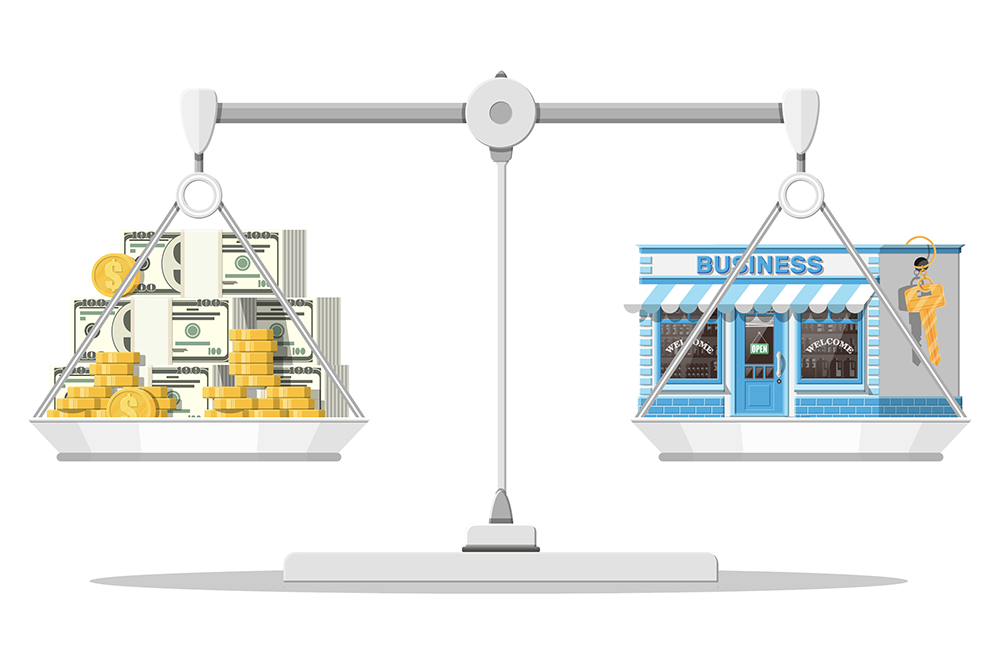
Knowing how much your business is worth can do more than figure out how much money you can get when you sell it. Creating an accurate valuation is part of an ongoing business strategy.
COMPARING AND PROJECTING
Think of a business valuation as an appraisal, which is generally created by analyzing a company’s tangible and intangible assets relative to its liabilities and debts. Some valuation methods will also consider how profitable the company is on an annual basis, and others will compare your business’s financial statements with similar companies. There are numerous valuation methodologies and which one is best for you will depend on your business.
KNOW WHEN
Business valuations are most often completed when a company is being sold. But valuations can also be useful when there are tax disputes with the IRS or when additional owners are brought in, or old partners are cashing out and leaving. And if a business wants to secure a sizable loan or investor funding, a valuation can offer credibility to justify the risk.
Valuations also help owners measure progress, identify hiccups or gaps in company infrastructure, and provide a benchmark as to how your company performs against your peers or industry best practices.
Maybe you weren’t planning to sell. But if the value of your business has increased significantly, selling now might make sense.
MAKE A CHOICE
You can run your own informal valuation at any time. But if you need a third-party valuation, you’ll need an experienced independent appraiser trained to use unbiased methods. And if your company operates in a heavily regulated industry, hiring someone with in-depth regulatory knowledge is a must.
BEYOND VALUATION
Make sure all aspects of your operation are up-to-date. A few examples include: record-keeping, outstanding legal matters, insurance coverage and intellectual property documentation.

